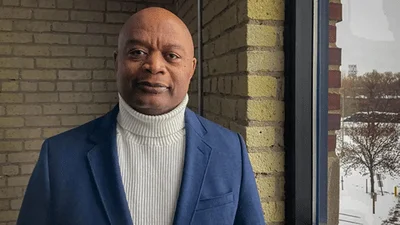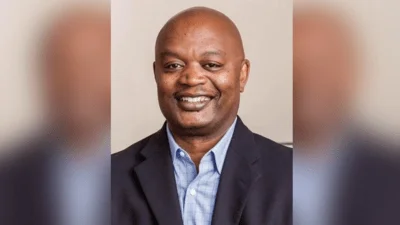The publication is reproduced in full below:
HONORING THE CAREER OF JON PRATT, EXECUTIVE DIRECTOR OF THE MINNESOTA
COUNCIL OF NONPROFITS
______
HON. BETTY McCOLLUM
of minnesota
in the house of representatives
Thursday, September 30, 2021
Ms. McCOLLUM. Madam Speaker, I rise today to honor the distinguished career of Jon Pratt on the occasion of his retirement as Executive Director of the Minnesota Council of Nonprofits. During his more than three decades of nonprofit advocacy work and leadership, Jon has made an enduring impact for residents of Minnesota and has uplifted the important and necessary work of nonprofit organizations across the country. As founder of Minnesota Council of Nonprofits, one of the largest statewide nonprofit associations in the country, Jon created a space to meet the needs of Minnesotans through the growing nonprofit sector--a space which today serves over 2,200 member organizations across the state.
A lifelong Minnesotan, Jon began his career as a lawyer in 1977, and in the following decade gained valuable experience through several different jobs. He first organized a statewide lobbying program during his time at Minnesota Public Interest Research Group and traveled the Midwest while learning the ins and outs of foundation work as the regional field director for The Youth Project, a foundation providing grants and assistance to grass roots community organizations. And as campaign manager for future U.S. Senator Paul Wellstone's bid for state auditor, he learned how critical it is to engage government to serve all Minnesotans. He then served as executive director of The Philanthropy Project where he led a coalition advocating for an increase in philanthropy efforts that benefited disadvantaged people across the state of Minnesota.
It was these diverse experiences that led Jon to convene a group of local leaders of nonprofit organizations to establish the Minnesota Council of Nonprofits (MCN) in 1987. Only the third such trade association of its kind in the United States, MCN was launched to fill the increasing needs of nonprofits throughout the state, with the core belief that sharing information and working together across areas of common interest will be mutually beneficial and uplift the nonprofit sector as a whole. Today, MCN hosts classes and networking opportunities for both new and established organizations, helps groups secure grants and other funding, facilitates a jobs board to connect employers with those seeking a job in the sector, and advocates for public policy changes at every level of government.
During his time with MCN, Jon was fundamental in helping elevate the status of Minnesota's nonprofit sector by establishing standards of excellence for nonprofits, codeveloping Grant Advisor--a rating tool for those seeking grants that provides free and honest feedback about the grant process, creating training programs and materials to strengthen the service work of organizations, and conducting years of research on the nonprofit sector to promote transparency and positive change in the field.
I am grateful to have worked with Jon for many years on key state and federal policy issues as he led the way in advocacy work on behalf of the Minnesota nonprofit community. MCN was the largest employer group to support raising the state's minimum wage, they worked with the Minnesota Legislature to secure a non-itemizer charitable tax deduction, and through MCN's Minnesota Budget Project, led the charge to expand Minnesota's working family tax credit. Jon's advocacy also spreads beyond the immediate needs of the nonprofit world as he has been a constant voice for public good by opposing state voter ID bills and supporting human rights and equitable social programs.
Jon has truly been a champion for nonprofits across the Nation and while his tremendous leadership at Minnesota Council of Nonprofits will be missed by many, his lasting contributions are sure to inspire the leaders and public servants of the future. Madam Speaker, please join me in honoring the exceptional career of Mr. Jon Pratt.
____________________
SOURCE: Congressional Record Vol. 167, No. 172
The Congressional Record is a unique source of public documentation. It started in 1873, documenting nearly all the major and minor policies being discussed and debated.
House Representatives' salaries are historically higher than the median US income.





 Alerts Sign-up
Alerts Sign-up